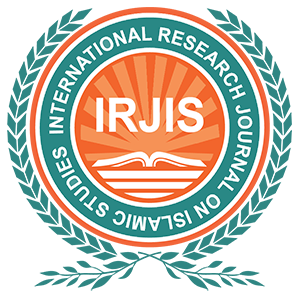Abstract
The philosophy of Islamic finance aspires to an economic system based on risk-sharing, exchanges of assets, and avoidance of Ribā (interest). The framework of the Islamic financial system (IFS) is laid on shariah injunctions, drawn on the Quran and Sunnah. The contemporary institutionalization of an IFS is based on secondary sources such as Ijtihād (scholarly research), Ijmā (consensus), Istihsān (public good), and Qiyas (analogical reasoning). The goal of IFS is to furnish an equitable and just financial system that adheres to Maqasid-e-Shariah and enacts social well-being and welfare (Falāh). The challenge of rising above commercial goals and prioritizing Shariah objectives as a means of socio-economic welfare is yet to be mastered by the Islamic finance industry, both nationally and globally. Real success can only be achieved if shariah adherence vis-a-vis socioeconomic well-being becomes the primary concern of Islamic financial institutions. This article reviews the origins and the progress of IFS during the past five decades. We also articulate the interwoven implications of Islamic financial institutions’ observance of Maqāsid-e-Shariah and socio-economic well-being barriers as the principal objective. Our findings point, towards the strong convergence of shariah and well-being which fundamentally revolve around the prohibition of Ribā not only in Islam but in all three Abrahamic religions i.e. Judaism, Christianity and Islam.
Keywords: Islamic Finance, Islamic Banking, Islamic Economics, Maqāsid-e-Shariah, Well-Being.

